Delving into course material related to the institutional factors contributing to hunger and homelessness before serving with YSOP in Washington, D.C. was a powerful way to preface our service-learning trip. I was fortunate to attend two service-learning trip to Washington, D.C.– one in the spring of 2015 and our trip this spring. While the service completed during 2015 was still largely impactful to me, I did not have a fully contextualized idea about the extensive barriers those we were serving faced as I did on this service-learning trip. As I reflect on how this course has shaped my understanding of my own privilege, in sharp contrast to many others, I am humbled in reflecting on the many ways in which I often take my currently middle-class cushioned, privileged lifestyle for granted.
My research paper for this course focuses on widespread gentrification throughout D.C. Gentrification can be defined as: An economic and social process whereby private capital (real estate firms, developers) and individual homeowners and renters reinvest in fiscally neglected neighborhoods through housing rehabilitation, loft conversions, and the construction of new housing stock. Unlike urban renewal, gentrification is a gradual process, occurring one building or block at a time, slowly reconfiguring the neighborhood landscape of consumption and residence by displacing poor and working class residents unable to afford to live in the ‘revitalized’ neighborhoods with rising rents, property taxes, and new businesses catering to an upscale clientele. To put gentrification into a D.C. context– the Washington Post reported in April, that the hottest zip code for D.C. real estate is the mostly black Trinidad neighborhood in the once shunned northeast quadrant. Homes in zip code 20002 in Washington, D.C., were worth $570,531 on average in 2015, about 91 percent more than in 2004. These rising property values push out entire communities, making way for wealthier and far more privileged ones.
I’ve become become painstakingly aware of the high cost of living within D.C., not only due to my research paper focusing on gentrification and our week of service, but because I am preparing to move to D.C. after graduation myself. In preparing for this move, I have been scouring the internet for months searching for affordable housing, often times with little to no luck. As a result of a gentrification, affordable housing is extraordinarily rare within the District. Apartment complexes that do offer a small portion of affordable housing units are often littered with ghastly online reviews written by more well-off tenants complaining of the “alcoholics” and “chronic drug users” occupying the income-restricted units within their apartment complex. Even within these affordable housing options, individuals stuck in the cycle of poverty and the aftermath of its gripping facets, cannot escape the stigma of being labeled “low-income” within a city whose demographics are so rapidly shifting at the hands of gentrification.
During our week of service, Marvin Turner, Director of the National Capital Area Office for the Department of Housing and Urban Development, reiterated this dire need for affordable housing. Marvin provided extensive insight into the systematic barriers surrounding affordable housing in D.C. and the surrounding counties. In D.C., for example, a studio apartment alone averages around $1,400/month. This high cost of living hits families with children– especially families only supported by single parents– the hardest. For this reason, family homelessness is incredibly common in D.C. Family homelessness is so common in fact that the average person classified as homeless within D.C. is eight years old. This fact was so shocking to me because it humanizes the issue of homelessness to a painful extent. Because of gentrification within the city, children are finding themselves and their families on the street, with no shelter or security.
As I think about these individuals caught in the cycle of poverty and homelessness, I reflect on an excerpt from a blog post I wrote immediately after our trip:
“Anyone [can] find themselves facing homelessness– even the most privileged are not immune. . . Without a strong support system, health, a livable wage, etc., anyone [can] find themselves without a roof over their head and food on the table. Humanizing homelessness and further understanding the systematic barriers surrounding it emphasize the the dire need for policy intervention and institutional support to combat homelessness, elevating those that are disproportionately susceptible to its grip.”
This semester of learning, along with our week of service, has made me recognize my privilege head on, through experiences that have been painfully eye-opening and humbling. I hope to use these experiences to serve and advocate for those disparately impacted by gentrification within D.C. and the systematic factors surrounding homelessness.

 Start of the school year, I know that we have to take the service learning class enable to go to this service trip. In 2016, the Alternative Spring Break class was optional, but I have decided to take the class. It was definitely a good class that worth to take. I have learned so much about service learning, civic engagement, hunger, property, and of course leadership. Start of the school year I was afraid the class will be the same as last year. Chelsea did make some change for the class compare to last year. For the class 2016 Alternative Spring Break class Chelsea focused more in service and leadership, and this school year she focused more in hunger and homelessness issue. I think the class is a good reminder for me to always keep those precious things in my thoughts, when I don’t have someone always there to reminds me why is important to do volunteer service.
Start of the school year, I know that we have to take the service learning class enable to go to this service trip. In 2016, the Alternative Spring Break class was optional, but I have decided to take the class. It was definitely a good class that worth to take. I have learned so much about service learning, civic engagement, hunger, property, and of course leadership. Start of the school year I was afraid the class will be the same as last year. Chelsea did make some change for the class compare to last year. For the class 2016 Alternative Spring Break class Chelsea focused more in service and leadership, and this school year she focused more in hunger and homelessness issue. I think the class is a good reminder for me to always keep those precious things in my thoughts, when I don’t have someone always there to reminds me why is important to do volunteer service.

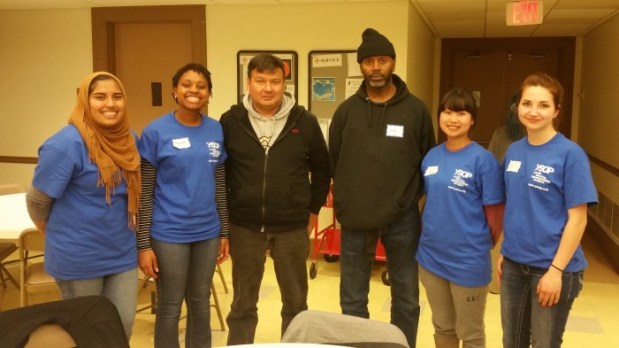
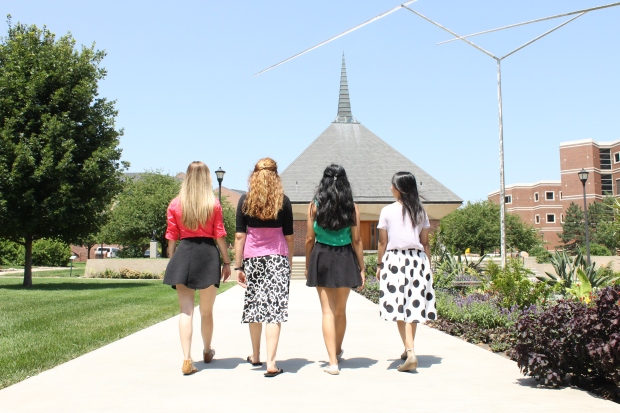

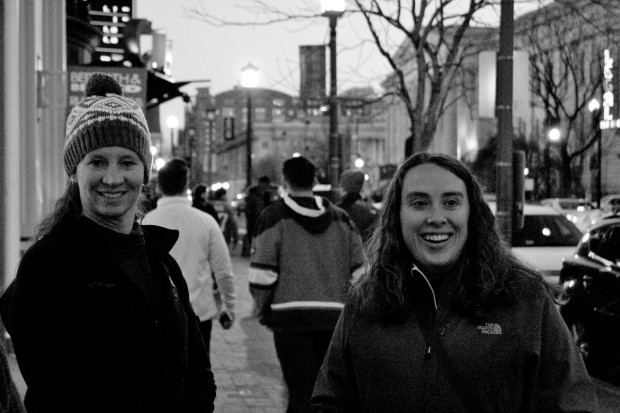

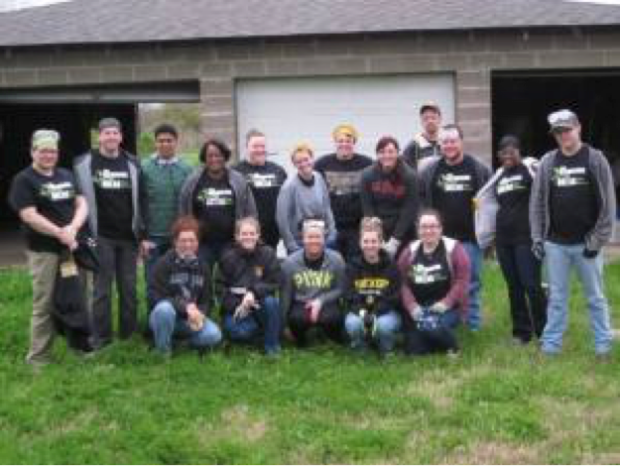
 From this ASB trip in 2015 to Washington DC, I learned that the importance of voting is a right that I had not been exercising.
From this ASB trip in 2015 to Washington DC, I learned that the importance of voting is a right that I had not been exercising.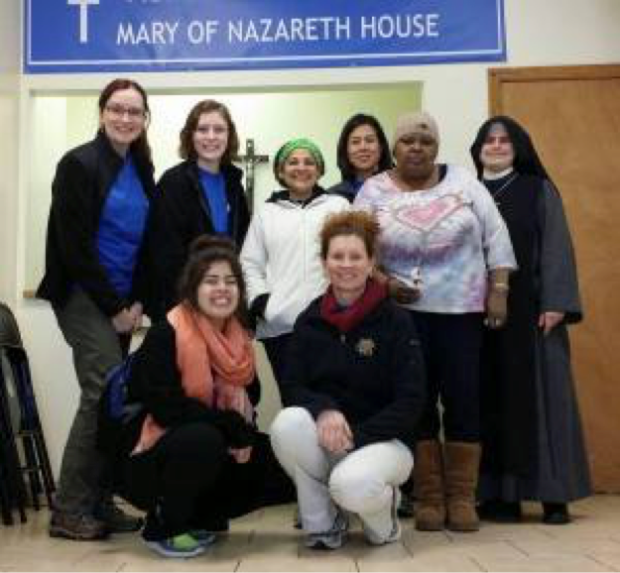 From this ASB trip in 2016 to New York City, I learned that places that I thought I would feel unsafe in, I in fact was welcomed as if I was a friend.
From this ASB trip in 2016 to New York City, I learned that places that I thought I would feel unsafe in, I in fact was welcomed as if I was a friend.